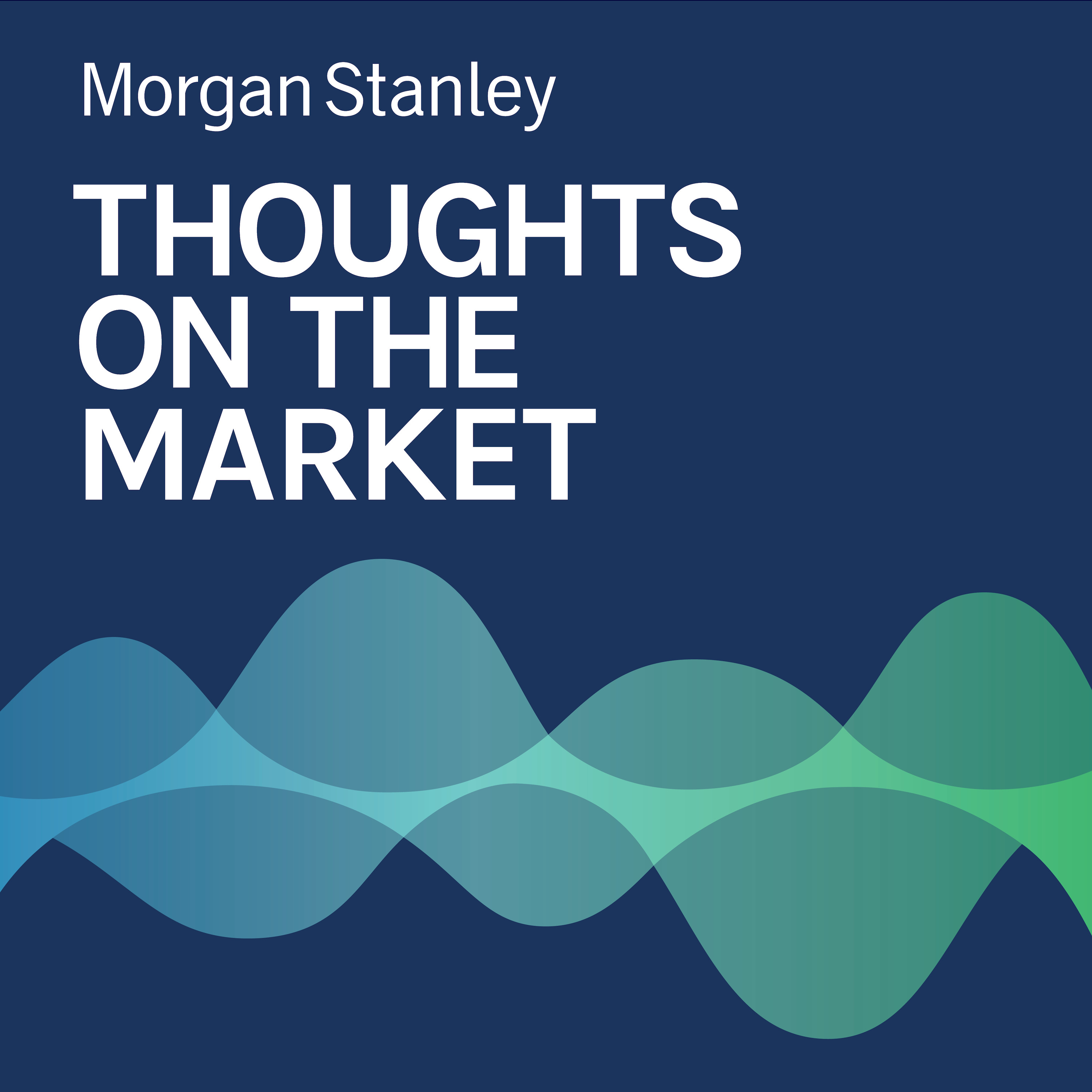Welcome to Thoughts on the Market.I'm Andrew Sheets, head of corporate credit research at Morgan Stanley.Today, I'm going to talk about the U.S.election, the implications from the past, present, and future.It's Friday, November 8th at 2 p.m.
in London. The U.S.election is over, and the result was relatively clear.Republicans, when in control of the presidency, the Senate, and on current projections, are likely to narrowly take the House of Representatives.
This so-called sweep will provide significant leeway to enact policy. There is going to be lots of time over future weeks and months and even years to discuss what all of this is going to mean.
But for now, I want to offer a few quick thoughts on the impact across the past, the present, and the future.Looking back, the U.S.election has been a very well-known uncertainty that's hung over this market all year.
The polling was close between two candidates with very different policy priorities.
To the extent that simply not knowing was holding some investors back, or that investors were worried about a contested outcome, or even worse, political unrest, that issue has now passed.
The relief from that passing may help explain some of the recent positive market reaction.
For the present, we now sit in this curious middle place where the uncertainty of the result is behind us, but any uncertainty from policy changes have not yet arrived.Coupled with still strong U.S.
economic data, another interest rate cut from the Federal Reserve yesterday, and the tendency of markets to perform well in November and December, and the path of least resistance in the near term may be for markets to continue to do well.
The future, however, may have just become less certain. Credit likes moderation and stability, and we think the current economic mix, with U.S.
GDP growth and inflation at both around 2.5%, while the unemployment rate sits near historic lows at 4.2%, has been a good one for credit.It's been a major driver of our optimistic spread forecast this year. Yet, based on exit polls, U.S.
voters were not happy with this economy and voted for change.
The question, which will now dominate investor conversations, is how much of what the new administration has said they will do will end up happening, on everything from tariffs to taxes to immigration.
I can assure you that there's a very wide range of investor expectations around this. The ambiguity isn't necessarily a problem now, but we expect these questions to harden as we get into early next year.
And given the likely sweep, the odds for larger changes in policy, especially much looser fiscal policy, have risen significantly. Whatever your average expectation for the U.S.
economy over the next 24 months now is, we think the bans around that have widened.And that's also true globally, from Latin America to Europe to Asia.
To be a little bit more specific about these wider bans, to the downside, there are now scenarios where tariffs and deportations could push up inflation and weaken growth.
And to the upside, there are now scenarios where potentially lower taxes and looser regulation could drive higher stock markets and more corporate animal spirits.But for credit, both of these present challenges.
Tight spreads are absolutely not priced for stagflation, while animal spirits and more corporate aggression aren't necessarily a great story if you're a lender.
A more benign middle scenario is, of course, still possible, and we're keeping an open mind.But the future has now become more uncertain. Thanks for listening.
If you enjoy the show, please leave us a review wherever you listen and share thoughts on a market with a friend or colleague today.
The preceding content is informational only and based on information available when created.It is not an offer or solicitation, nor is it tax or legal advice.
It does not consider your financial circumstances and objectives and may not be suitable for you.
 Sign in
Sign in Sign in
Sign in Sign in
Sign in








